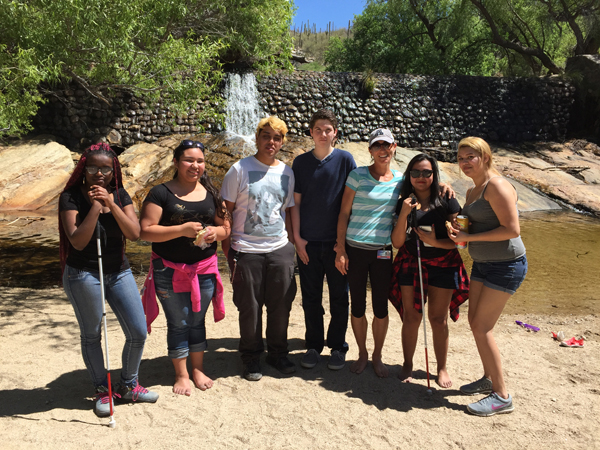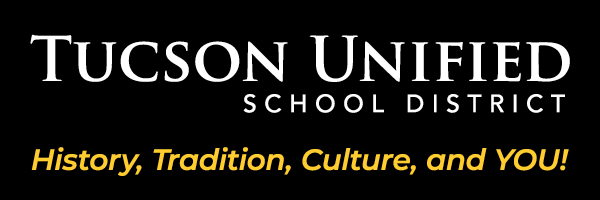Components of Orientation and Mobility
EACH MOBILITY LESSON INCORPORATES FOUR AREAS IN ADDITION TO ITS TEACHING POINTS:
Each Orientation & Mobility Lesson, in addition to the specific teaching points involved, also incorporates training in four areas:
SENSORY TRAINING:
[low vision, visual discrimination, visual tracking, turning toward sound etc.]
Tactile identification, discrimination
Auditory training in: Auditory localization, identification of sounds, discrimination of sounds, tracking or compensation for hearing loss in one or both ears. Echo location, detecting and responding to sound-shadows, reflected, refracted sounds etc.
TECHNIQUES:
These may be cane techniques for totally blind or very low vision students, hand and foot techniques for low vision students, or operating techniques for students in wheelchairs.
CONCEPTS:
These may be cardinal directions, relative position of directions as the student turns, route concepts, memory concepts [use of mnemonics], numbering systems, the use of maps, diagrams or GPS systems, learning and naming traffic patterns that will enable a student to cross a street or intersection safely.
LANGUAGE:
Long before the students arrives at the training site for the actual lessons, they know the words, the phrases and the way to describe what they sense so they can understand the structure of the lesson, its requirements and any dangers that might be possible.
In addition, there is usually some kind of surprise that has something to do with the lesson itself. It may be a way to remember a certain thing, a tool to make the learning more memorable, or simply a fun surprise.
Before each lesson the students verbalize what they need to know, what they need to do and the skills they need to use in order to be successful on the route.
Each mobility lesson incorporates a ‘route.’ A student moves from a point of origin to a destination, accomplishes something there, buys something, meets someone, or leaves a mark, then returns to the point of origin. On each mobility lesson, the students ‘go’ somewhere, ‘do’ something, then talk about it.
At the end of each lesson, the students tell what they did and how they did it. They may talk about what was difficult, what they could have done better, or how they can use these skills or this type of route in the future.
The language that ‘just happens’ during the lesson, the situations and the problems the students must solve along their routes often provide more learning than anything planned. Fun and play may be the most effective vehicle to ‘carry’ the learning and components integral to the lesson.
Dr. Bil Hawkins
August 2015


